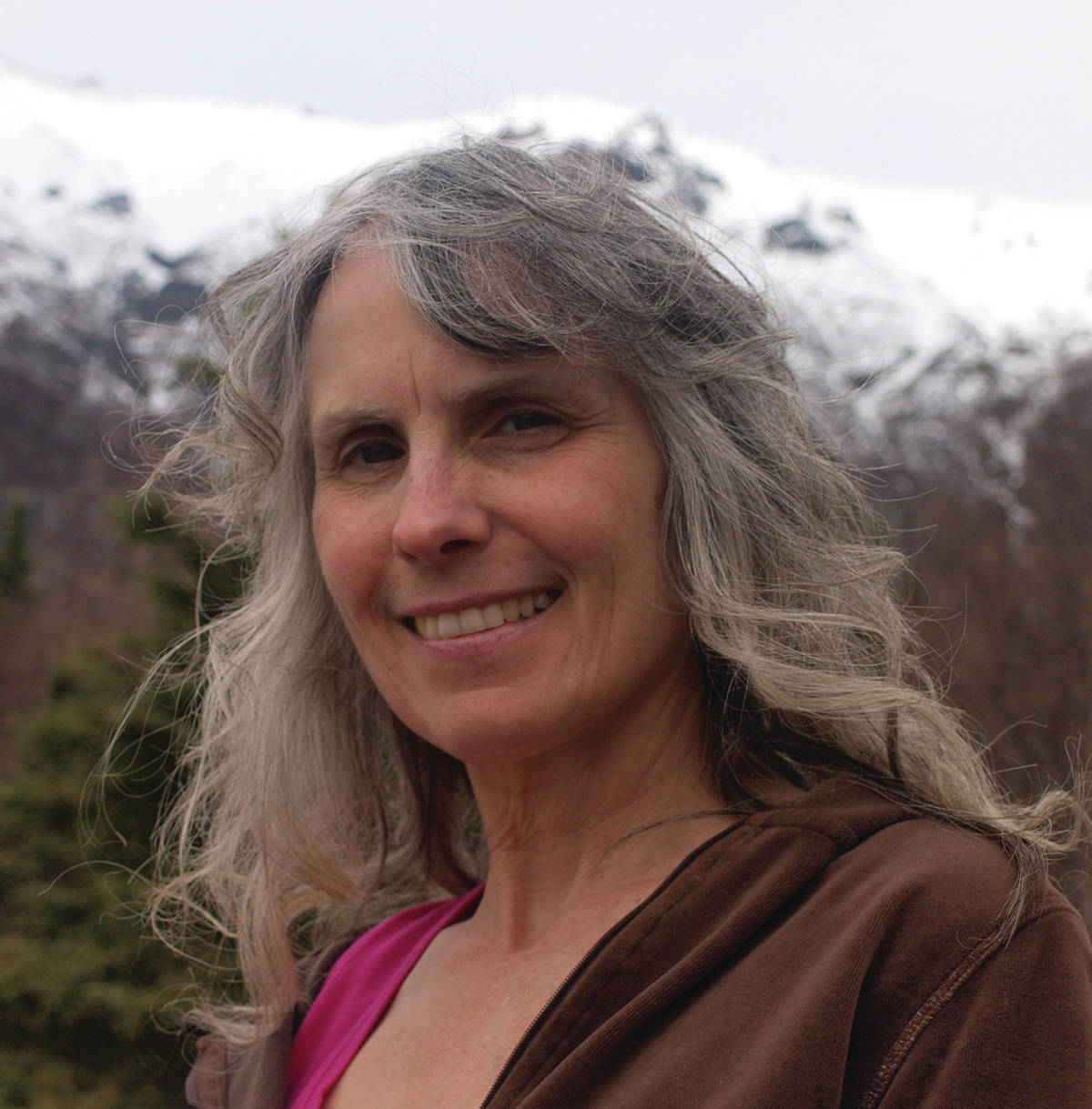According to a recent Anchorage Daily News article, “Thousands of fishery workers, many from outside Alaska, are headed to Bristol Bay,” Gov. Mike Dunleavy has determined that the Bristol Bay salmon fishery is so essential to Alaska that he is willing to allow workers from various parts of the globe to fly to Dillingham, where, after a two-week quarantine, they can mingle in the community — a community that offers limited housing, where most workers live in crowded bunkhouses.
Once at their jobs, cannery workers will stand side-by-side as they cut fish and spoon out eggs and guts while their gloves and aprons become filthy with blood. Those in the fleet will live with two or three or four others on boats that may be 32-feet long.
All in the midst of the COVID-19 crisis. The risks here are so huge, so glaring, that local tribal leaders first requested every incoming worker be tested for the virus. Great — except that it’s virtually impossible in Alaska, especially in rural Alaska, with our dearth of swabs and labs. I think the fishery should be shut down altogether — as many fishermen, and now the City of Dillingham believe as well. Just for one season. Even Norm Van Vactor, CEO of the Bristol Bay Economic Development Corporation, says that health and safety should come first.
But how is it that the fishery is suddenly determined so essential to the economy? If true — and I believe that it is — why is the governor supporting the Pebble Project? If the fishing income is so dear that the state is willing to put lives at risk during this COVID crisis, why in Hades does the Dunleavy administration stand by a mining project certain to adversely impact, if not destroy, the greatest natural resource Alaska has to offer?
Wait, let me rephrase that: The greatest wild salmon fishery left on the planet. Period, no disputing that.
And if you choose not to believe that this governor supports Pebble, here are the facts:
• He appointed Jason Brune, with mining ties and unabashed voice in Pebble promotional propaganda, to head the state’s Department of Environmental Conservation.
• He met personally with President Trump to see what could be done to remove obstacles to advance the project.
• He allowed the U.S. Army Corps of Engineers to proceed with a DEIS so flawed it looked like a fourth-grader’s attempt at fact-checking. This despite thousands of letters and testimony from Alaskans — many of them fishermen — to halt the process or send the draft Environmental Impact Statement back to the drawing board.
Some politicians profess that the state can have it all — a gigantic open pit mine in an ecologically sensitive area that happens to have a water table almost near the surface. Where salmon spawn, and fry depend on clean, unpolluted water to thrive. I don’t believe for a minute that these individuals have spent time reading informative and factual websites like Pebble Science.
I think about the hours and hours I’ve spent trying to battle this monster, and I know my time is but a drop in the bucket compared to professionals assigned to the task. How we’ve argued again and again against an industry whose legacy would be a tailings pond that requires monitoring in perpetuity. That means forever.
Which brings me back to COVID-19. The loss of our Bristol Bay salmon run because of Pebble would be another death, one that would impact thousands of Alaskans and people all over the world who depend on this great fishery.
Anne Coray lives half the year in Homer and half the year on Lake Clark. She has published several books of poetry and her debut novel will be released in 2021.

